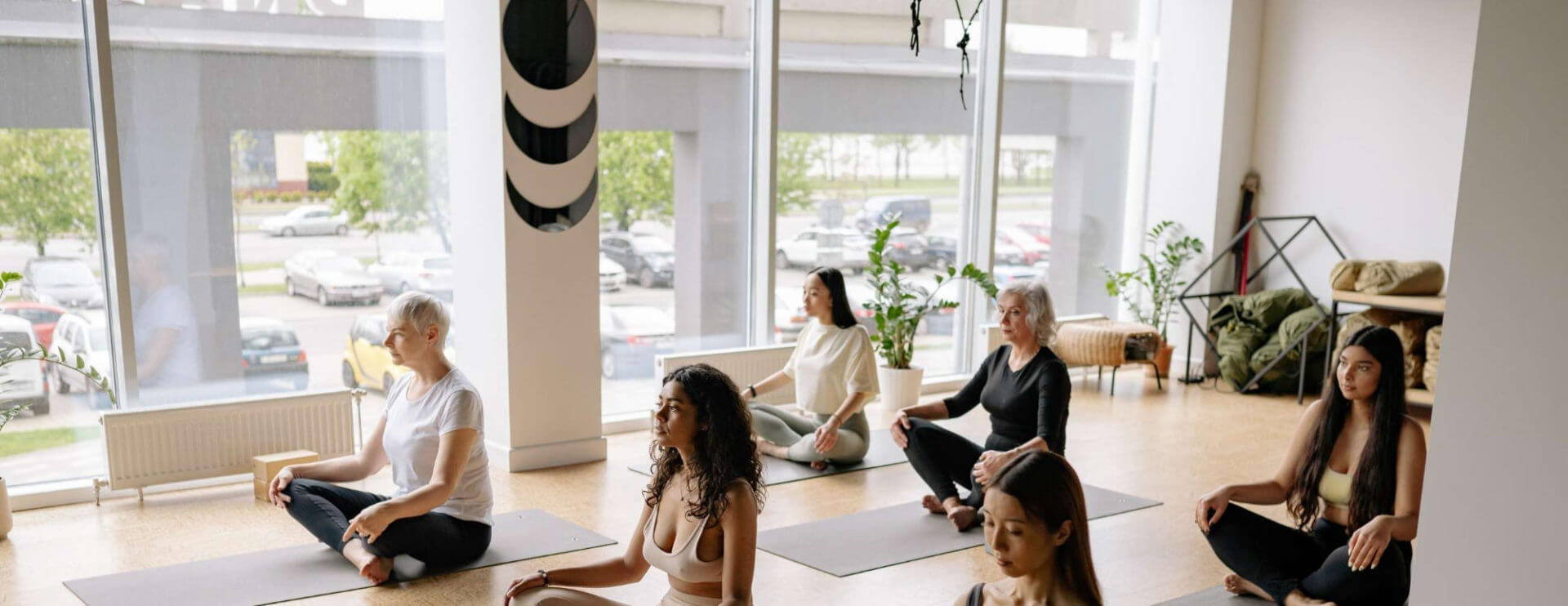
Find out about doing exercise and physical activity on the Overcoming MS Program.
If you’re living with MS, evidence shows that physical activity can benefit you physically, emotionally and cognitively.
Physical activity has various benefits: it supports brain health, improves mobility and balance, aids good quality sleep, and has a positive impact on symptoms like fatigue, pain, and mood.
As incorporating regular exercise and movement into your routine is so crucial for people with MS, it is important to find exercise that works for you and that you enjoy. We are here to support you in embracing all types of physical activity with confidence, including cardio, strength, resistance training or other types of movement, at a level that is right for you.
“I’ve never been a big sports fan but I do know I need (and enjoy!) exercise, so I found all these little ways to incorporate it in my day.” Ineke, Overcoming MS community member.

Make sure you consider any MS symptoms when choosing your physical activity and use our helpful resources, suitable for a range of levels.
Our 6 months to Overcoming MS Program in the Live Well Hub helps you develop an exercise routine step-by-step. Why not try it?
“The post-MS version of myself realizes that regular movement is more important now than ever. And in order for exercise to be a regular part of my life, it needs to be enjoyable and sustainable.” Nicole, community member.

If you want a quick guide to understanding the physical activity pillar on the Overcoming MS Program you can download this one below. It delves into the key components, benefits and practical tips that can guide you on your way to making the lifestyle changes that will help you to Live Well with MS.
